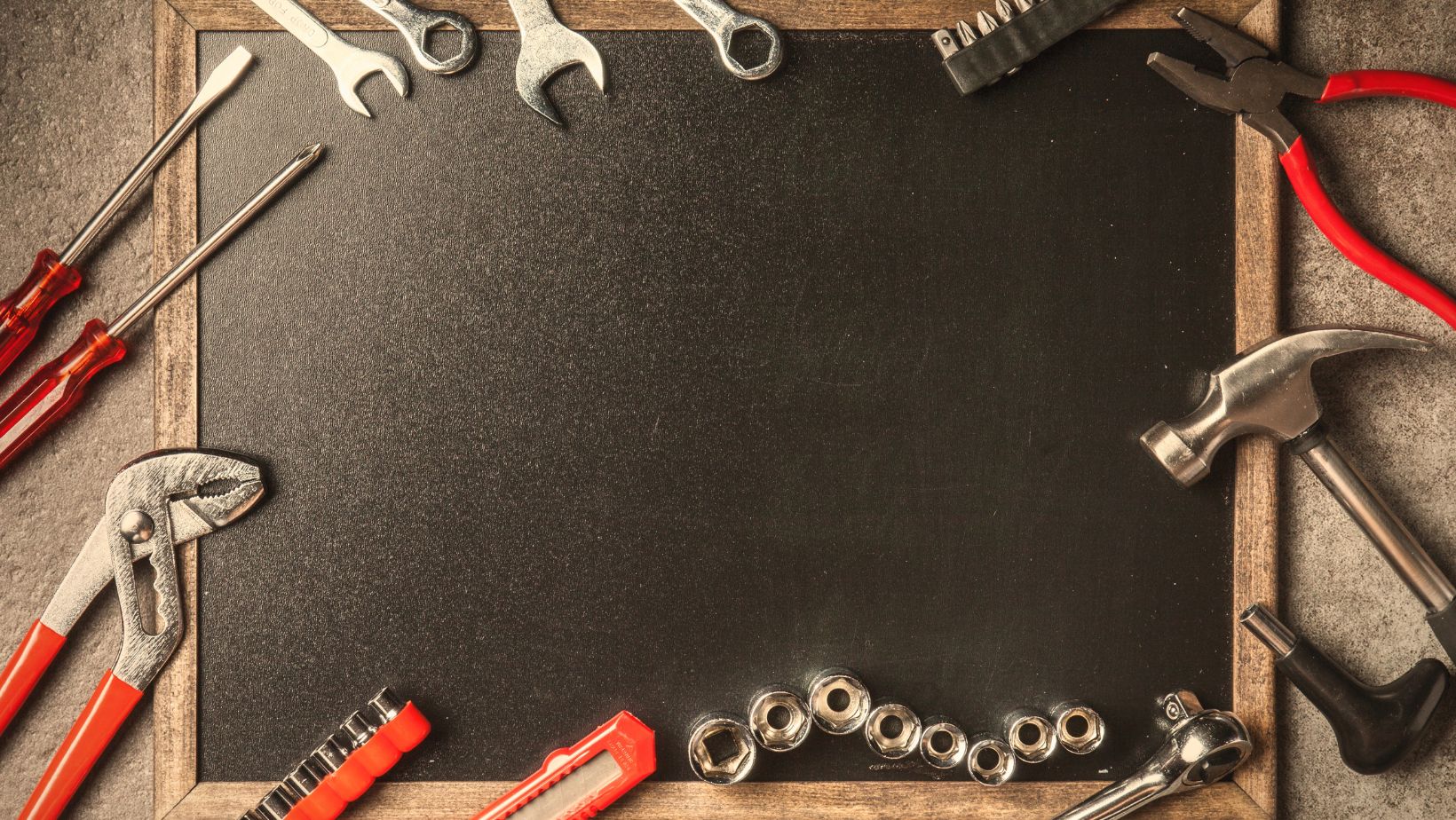Basic Tools Needed For Home Repair
When it comes to basic home repairs, having the right tools on hand is essential. As an experienced DIY enthusiast, I’ve learned that it’s important to keep a well-stocked toolbox at home. With these basic tools, you can tackle a variety of problems around the house without having to spend money on professional help.
The first tool I recommend is a reliable hammer. Whether you’re hanging pictures, building furniture, or repairing drywall, a good hammer is a must-have. Look for one with a comfortable grip and a sturdy, balanced head. 16 oz. A claw hammer is a versatile choice that should meet most of your needs.
A set of screwdrivers is also essential. Look for a variety of sizes and types, including flathead and Phillips head screwdrivers. These will come in handy for everything from tightening loose screws to assembling furniture. A magnetic tip is a nice bonus that helps prevent frustration when working with smaller screws. Having these basic tools on hand will set you up for success and give you the confidence to tackle a variety of home repairs.

Essential Tools for Home Repair
Being able to perform basic repairs around your home can save you money and time. Owning the right tools can help you tackle any project. Here are some essential tools that every homeowner should have in their toolkit.
Hammer
A hammer is a versatile tool that can be used for a wide variety of tasks, including hanging pictures, assembling furniture, and repairing drywall. Make sure you choose one with a comfortable grip and consider purchasing a set of different sizes for added versatility.
Screwdrivers
Screwdrivers come in handy when you need to tighten or loosen screws. Get a set that includes both flathead and Phillips-head screwdrivers in various sizes so you’re prepared for any job.
Pliers
Pliers are essential for any job that requires gripping, bending, or cutting. Look for a set that includes different types, such as needle-nose pliers, adjustable pliers, and wire cutters.
Tape Measure
A tape measure is essential for any project that requires precise measurements, such as hanging curtains or building a bookshelf. Look for a tape measure that’s at least 25 feet long and has a locking mechanism to hold the measurement in place.
Level
A level is necessary for ensuring that your project is even and straight. Whether you’re hanging a picture or installing a shelf, a level will help you get the job done right.
Power Drill
A power drill can save you time and effort when it comes to installing screws or drilling holes. Look for a cordless drill with multiple speed settings and a rechargeable battery for added convenience.
Safety Gear
Don’t forget to invest in personal protective equipment such as safety goggles, gloves, and a dust mask. These basic items can protect you from injury and exposure to harmful materials.
By owning these essential tools, you’ll be equipped to handle a wide variety of home repair tasks. Remember to always use caution and consult with a professional if a project is beyond your capabilities.
Now that we have covered the basic tools needed for home repair, let’s move on to the additional tools that may be necessary for more advanced repairs. These tools are not as commonly used but can come in handy when dealing with more complex projects or older homes that require specialised attention.
- Stud Finder: When hanging items on your walls, it is important to know where your wall studs are located. A stud finder helps you locate these hidden wooden beams behind your drywall, allowing you to anchor your items securely and avoid damaging your walls.
- Power Drill and Bits: A power drill is a versatile tool that can be used for many projects, including drilling holes and driving screws. You will want to have a set of drill bits that includes a variety of sizes and types, including a spade bit for drilling larger holes and a Phillips bit for driving screws.
- Circular Saw: A circular saw can be used for a variety of cuts, including cross cuts, rip cuts, and bevel cuts. This tool is especially useful for cutting large sheets of material, such as plywood or MDF.
- Jigsaw: A jigsaw is a handheld saw that can be used for curved cuts and intricate designs. If you enjoy DIY projects or woodworking, a jigsaw can be a valuable addition to your tool collection.
- Pipe Wrench: If you need to tackle plumbing repairs, a pipe wrench is a necessary tool to have on hand. This tool is designed to tighten or loosen pipe fittings and is essential for fixing leaks or installing new pipes.
These additional tools are not required for every home repair project, but having them on hand can make more advanced repairs much easier. Store your tools in a central location so you can easily locate them when needed and consider investing in a sturdy toolbox to keep your collection organised and protected.


